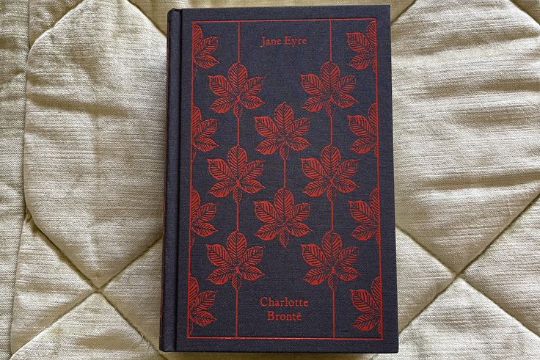Charlotte Brontë's Jane Eyre is a timeless classic that continues to resonate with readers today. First published in 1847, the novel tells the story of Jane, an orphaned girl who endures a harsh childhood marked by neglect and cruelty. Despite her circumstances, Jane possesses an indomitable spirit and a thirst for knowledge.
The narrative follows Jane's journey from a loveless childhood at Gateshead to Lowood Institution, a boarding school known for its harsh conditions. There, Jane experiences hardship but also develops her resilience and intellect. Eventually, she takes a position as a governess for a young ward at Thornfield Hall, a brooding manor.
At Thornfield, Jane meets the enigmatic Mr. Rochester, the brooding master of the house. Their relationship is complex and unconventional. Jane, a governess in a lower social class, challenges the societal norms of the time by developing a deep connection with Mr. Rochester. Their intellectual sparring and emotional intimacy are a highlight of the novel.
However, a dark secret lurks within the walls of Thornfield, throwing a wrench into Jane and Rochester's potential happiness. This revelation forces Jane to confront her own values and grapple with her love for Mr. Rochester.
Strengths of the Novel:
- Jane Eyre: Jane is an iconic literary character. Her intelligence, independence, and unwavering moral compass make her a compelling protagonist. Readers can't help but root for her as she navigates a world stacked against her.
- Social Commentary: Brontë cleverly weaves social commentary into the narrative. The novel critiques the rigid class structure of Victorian England and the limitations placed on women.
- Gothic Elements: The brooding atmosphere of Thornfield Hall, the mysterious presence of Mr. Rochester's first wife, and the exploration of forbidden love add a touch of gothic suspense to the story.
- Vivid Descriptions: Brontë's prose is rich and evocative. She paints a vivid picture of the Yorkshire moors, the gloomy halls of Thornfield, and the emotional turmoil of her characters.
Weaknesses:
- Victorian Morality: The ending, while thematically fitting, might feel a bit contrived to modern readers accustomed to a more liberated portrayal of love.
- Pacing: The middle section of the novel, where Jane lives with her relatives after fleeing Thornfield, can feel slower for some readers.
Overall
Despite some minor considerations, Jane Eyre remains a powerful and important novel. Brontë's timeless story of love, resilience, and self-discovery continues to captivate readers, making it a well-deserved classic of English literature.
